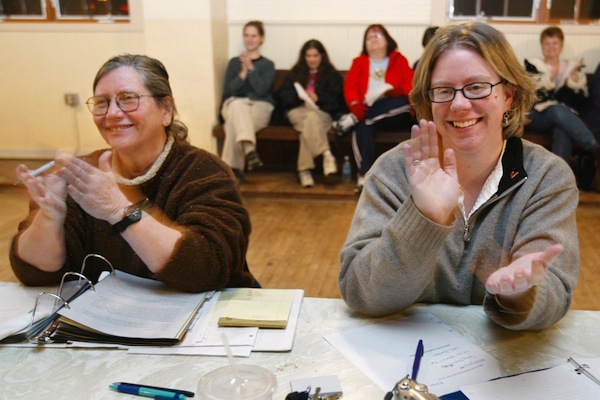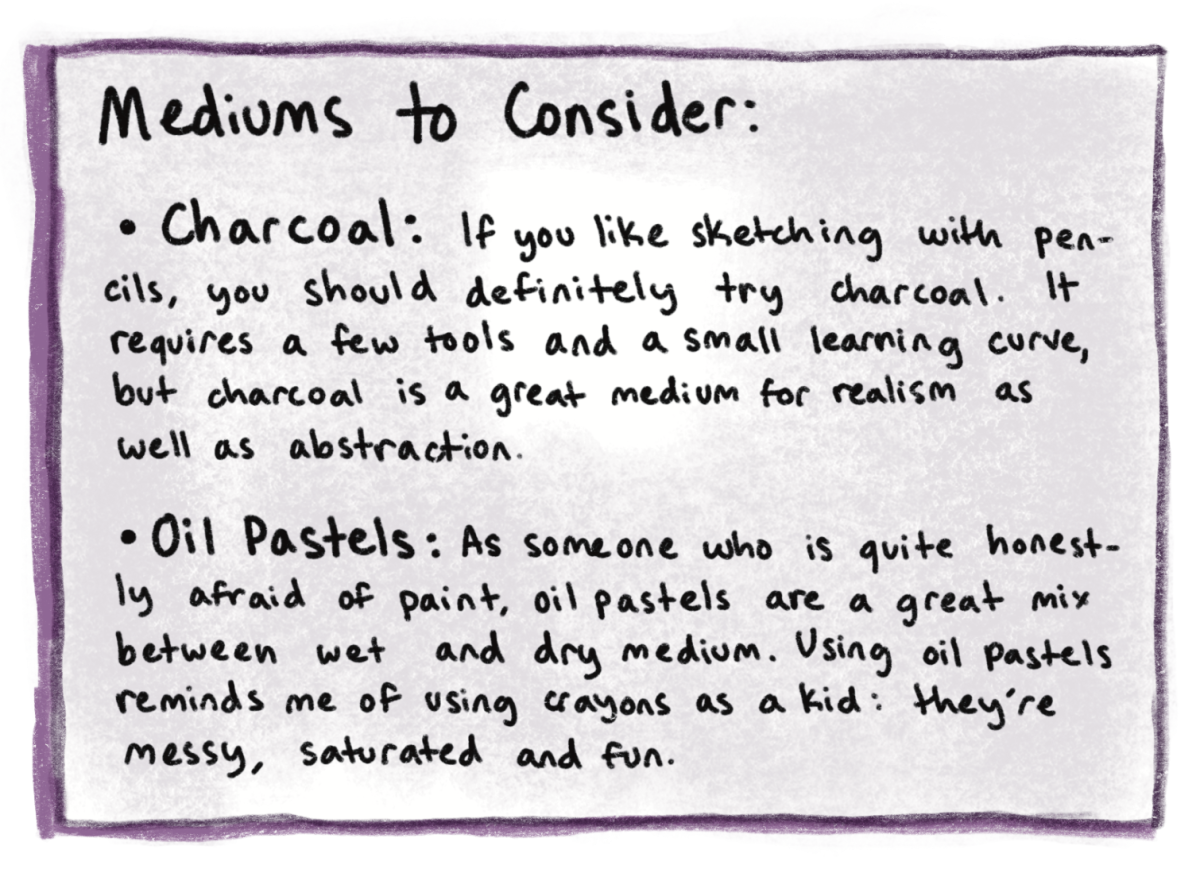Amidst international controversy, the Palestinian government applied for a Unilateral Declaration of Independence to the United Nations Security Council at the 66th Annual U.N. General Assembly Sept. 20.
This decision follows almost 20 years of negotiations between Palestine, Israel and the U.S. regarding the two-state solution enacted by the U.N. in 1948. Proposed to ease tensions between the Arab and Jewish people in the Middle East, this solution creates separate territories for Palestine and Israel.
With Israeli settlements located in the disputed West Bank territories, the Palestinian government sees its application for statehood with the U.N. as an attempt to preserve this two-state resolution. Many supporters of Israel counter that Palestine’s Unilateral Declaration of Independence sidesteps difficult negotiations between the two countries and will not ensure viable long-term peace.
Secretary of State Hillary Clinton, along with other diplomats, has guided Palestine back to direct negotiations in the weeks leading up to the U.N. vote. These diplomats hope to restart Israeli-Palestinian talks, which they believe might lead to progress without Palestine’s application for statehood.
“While it is a truism that only the parties themselves can make the hard choices necessary for peace, there is no substitute for continued active American leadership,” Clinton said in an article written for the JCRC.
The U.S. may now be in a precarious position. Last year, Obama’s made a statement that he would “welcome Palestine as the U.N.’s newest member,” but this year, the U.S. is prepared to use its vote on the United Nations Security Council to veto the Palestinians Declaration of Independence. The U.S. fears that the application will cause major setbacks in any negotiations between Israel and Palestine.
“The United States is one of the world’s foremost powers, and we shouldn’t be afraid to act as a mediator between Israel and Palestine, and we should remain involved through the negotiation process,” senior Lila Greenberg said.
According to CNN reports, supporters of Palestine’s application for statehood acknowledge the fact that bringing the issue to the forefront of the U.N. agenda may slow a solution just as quickly as it could speed things up. However, they feel the risk is worth it.
“I’m not a fan of Palestine, but I feel like they should have their own state,” senior Isaac Walker said.
The Palestinian government’s main concern is time. After 20 years of negotiations and resolutions enacted by the U.N. with little follow up enforcement, the government is seeking a swifter, more permanent resolution to the border dispute issues.
Palestinians want the international community to weigh in on the situation instead of allowing America to act as the sole mediator. Analysts project that this will alienate Washington.
“If they can work out border issues and still have direct negotiation with Israel, then I see no problem with Palestine becoming a state, but they can’t ignore the people directly involved,” math teacher Debra Carson said. #
Palestine applies for statehood from United Nations security council
0
More to Discover










